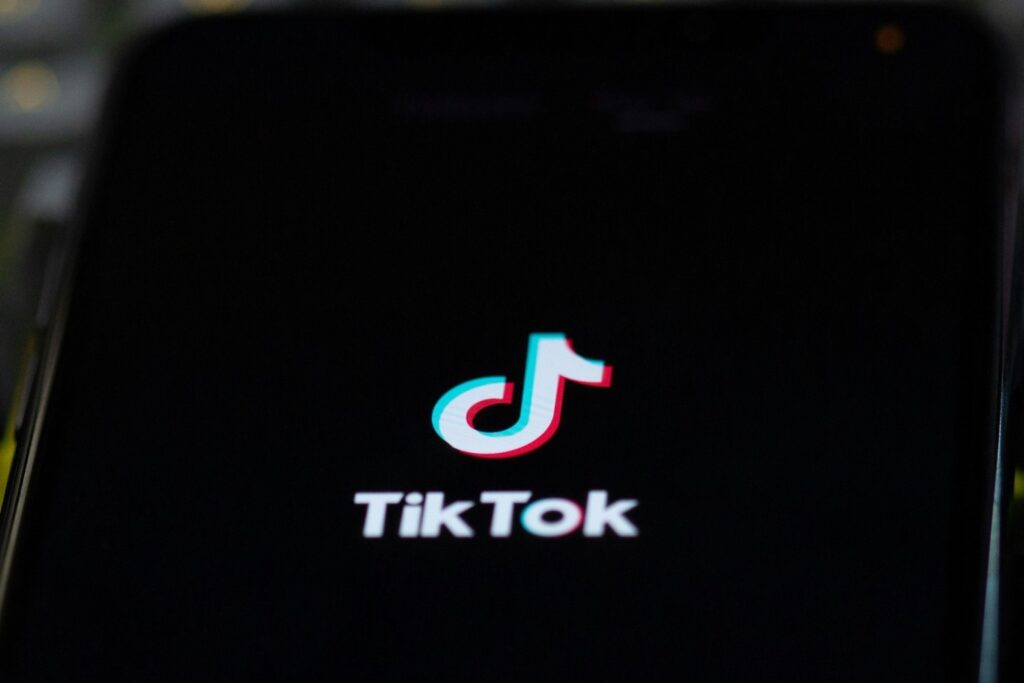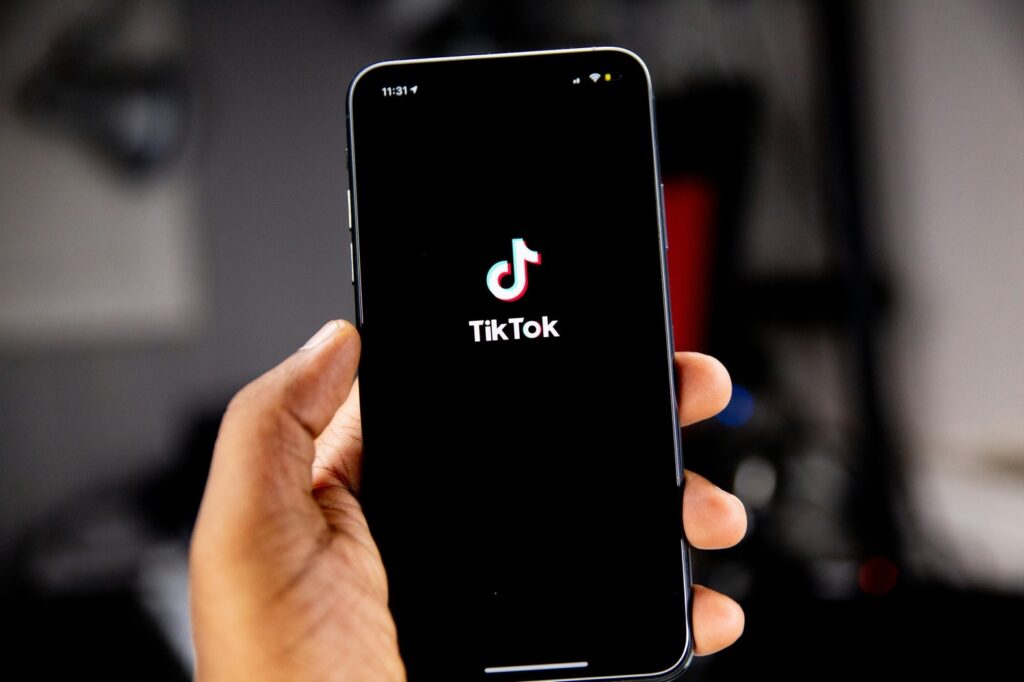Amid escalating tensions and regulatory scrutiny, the Federal Trade Commission (FTC) has launched an investigation into TikTok’s data and security practices, intensifying the challenges faced by the popular social media platform. This development underscores the growing concerns surrounding TikTok’s operations in the United States, with potential ramifications that could shape the future landscape of digital privacy and security.
According to sources familiar with the matter who spoke on the condition of anonymity, the FTC’s probe into TikTok revolves around allegations of deceptive business practices and potential violations of federal laws governing data privacy. One focal point of the investigation is whether TikTok misled users by denying access to U.S. user data by individuals in China, a claim that raises significant concerns given the platform’s ties to its Beijing-based parent company, ByteDance.
Furthermore, the FTC is scrutinizing TikTok’s compliance with the Children’s Online Privacy Protection Act (COPPA), which mandates stringent measures for apps targeting children under the age of 13. The investigation reflects a broader effort by regulatory authorities to hold tech companies accountable for safeguarding the privacy of young users amidst the proliferation of digital platforms.
Both the FTC spokesperson, Nicole Drayton, and TikTok declined to comment on the ongoing investigation, which was first reported by Politico. However, the imminent conclusion of the FTC’s inquiry suggests that a resolution could be reached in the coming weeks, potentially through a settlement agreement with TikTok.
Nevertheless, if the FTC opts for legal action, the case would likely be referred to the Department of Justice for further deliberation. This intricate process underscores the complexities involved in regulatory enforcement within the tech industry and highlights the interplay between federal agencies in addressing emerging challenges.

The FTC’s investigation into TikTok comes on the heels of bipartisan efforts in Congress to address the platform’s national security implications. Legislation proposed in the House of Representatives seeks to compel TikTok’s separation from ByteDance or face expulsion from U.S. app stores—a move indicative of growing bipartisan consensus on the need for stricter oversight of foreign-owned social media platforms.
However, the legislative journey for the bill has encountered hurdles in the Senate, reflecting divergent views on the most effective approach to addressing concerns surrounding TikTok. Lawmakers and intelligence officials have voiced apprehensions over potential Chinese government influence and data security risks posed by TikTok, citing reports of ByteDance employees accessing data on U.S. users.
The ongoing debate underscores the complexities of balancing national security interests with the principles of free expression and digital innovation. While concerns regarding TikTok’s data practices persist, concrete evidence linking the platform to nefarious activities by the Chinese government remains elusive, underscoring the need for a nuanced and evidence-based approach to regulatory oversight.

As the FTC’s investigation unfolds and legislative deliberations continue, TikTok finds itself at a critical juncture, navigating a landscape fraught with regulatory uncertainties and geopolitical tensions. The outcome of these developments will not only shape TikTok’s future in the United States but also influence broader discussions surrounding digital privacy, national security, and the responsibilities of tech companies in the digital age.
Sources




